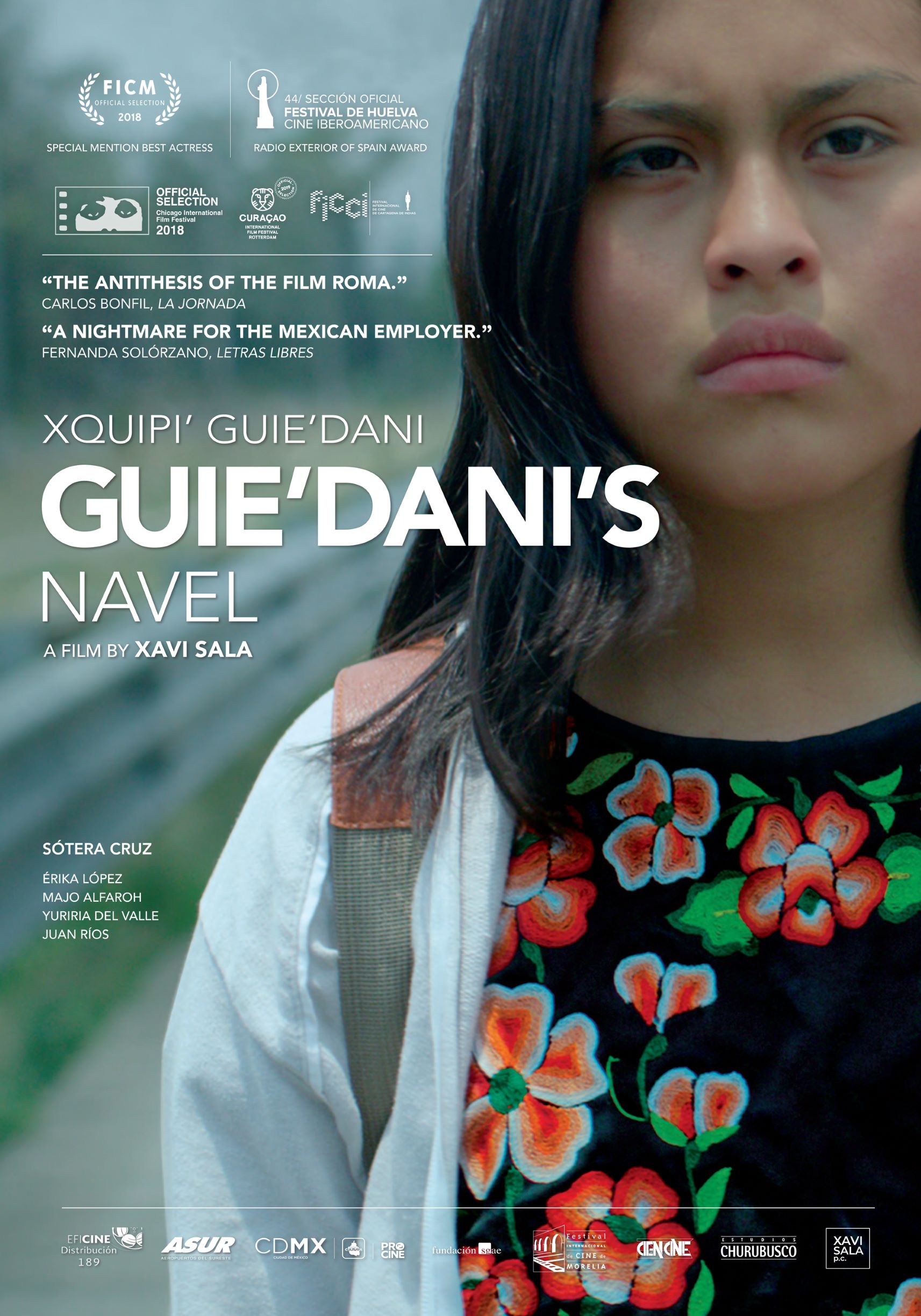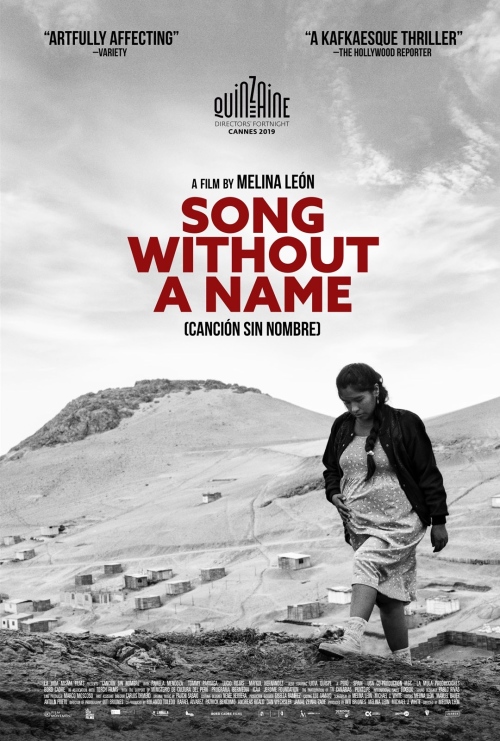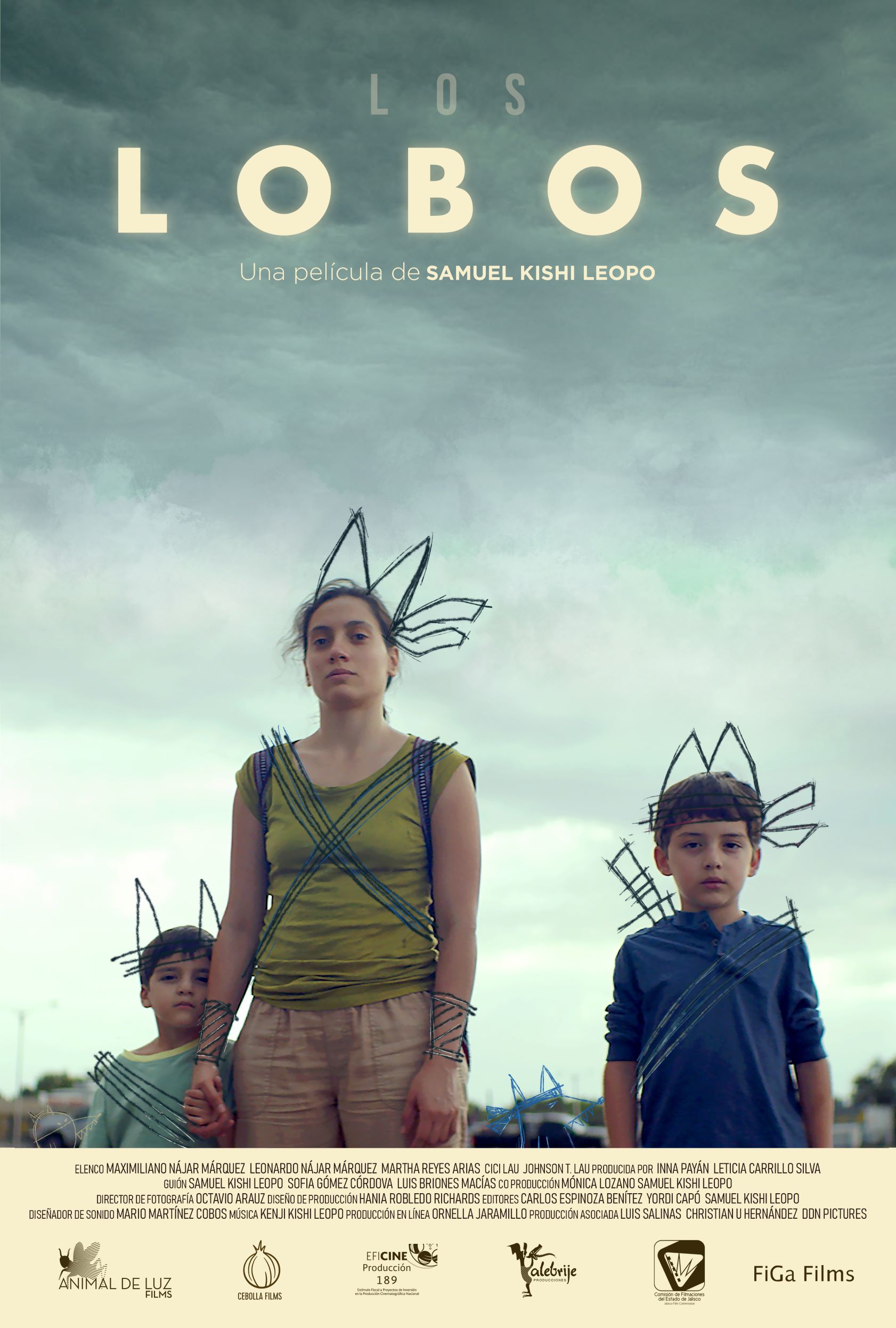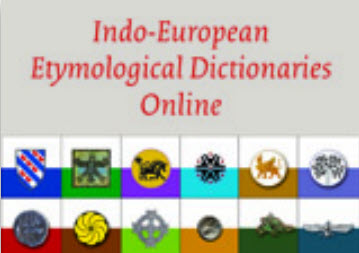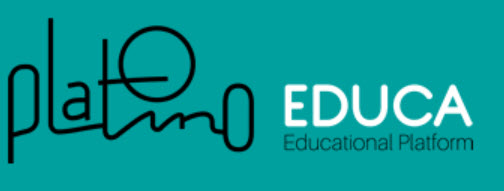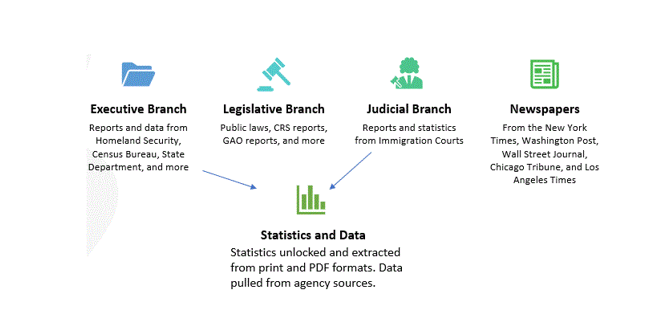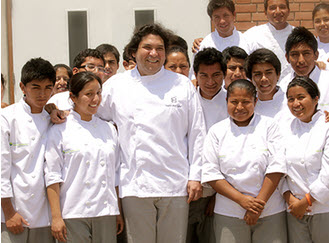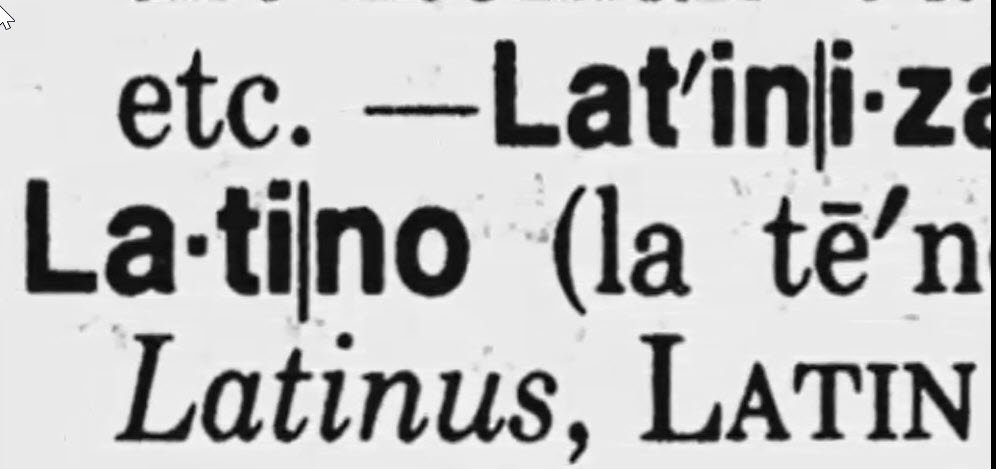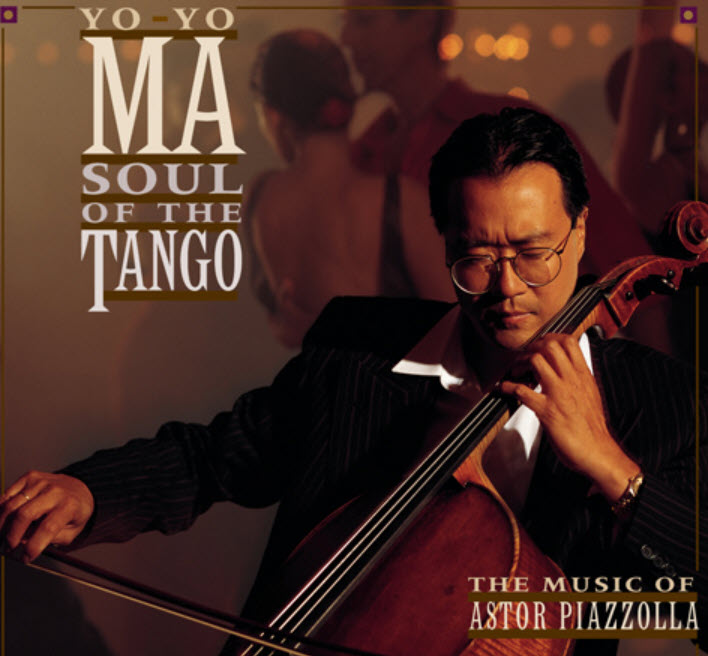
Of note for faculty researchers: Recent actions from the White House Office of Science and Technology Policy (OSTP) and the National Institutes of Health (NIH) will expand public access to the results of federally funded research. Fulfilling a long-time goal of open access advocates, the OSTP issued a memo on Aug. 25, 2022 that orders federal granting agencies to update their public access policies to make publications and research, including the underlying datasets on which that research relies, publicly accessible without embargoes or charges. The agencies are required to update their access policies no later than December 31, 2025. Press Release | Memo.
In a related development, the National Institutes of Health (NIH) has been working for several years on an updated Data Management and Sharing Policy, which takes effect on January 25, 2023. The final DMS Policy states that “[s]hared scientific data should be made accessible as soon as possible, and no later than the time of an associated publication, or the end of the award/support period, whichever comes first.” The NIH policy will presumably be updated to be more explicit about making available the research publications to comply with the OSTP memo.
These requirements expand OSTP guidance dating from 2013 that allowed a one-year embargo of publications and limited the requirements to agencies issuing more than $100 million a year in research & development expenditures, which exempted certain agencies and programs.
While the requirements are essentially already in place, this change removes the embargo, expands the programs subject to open access requirements, and requires that researchers make the data available to the public “at no cost.” This essentially means that the research will need to be published as “open access.”
It is not yet known how scholarly journal publishers and researchers will adapt. Will some publishers opt to automatically make federally funded research open access, or will they simply push to maintain the existing system of article publishing charges, or even double-down by increasing such charges? Will the open access plans issued by the agencies consider publishing pre-prints in a repository sufficient to meet the requirement (I don’t actually think this would comply). Will grant rules and funding in the agencies allow the full cost of article publishing charges be built into grant application budgets, or be limited? And will researchers remember to include such costs in their budgets? (typically such charges have been allowed, and researchers are encouraged to fully budget for them in their grant submissions). Answers to these questions and others will inevitably develop over time in a period of some uncertainty.
Guidance for St. Thomas faculty research grant applicants on all aspects of the grants process can be found on the Research & Grants support site, the Sponsored Programs website, and the Libraries Research Data Management guide. One option for publishing research and supporting datasets (in addition to the scholarly journals) is the Library-sponsored Research Online repository.
Additional Readings:
Zahneis, Megan. (Aug. 2022). “‘A Historic Moment’: New Guidance Requires Federally Funded Research to Be Open Access,” Chronicle of Higher Education.
Anderson, Rick, and Wulf, Karin. (Oct. 2022). “The New OSTP Memo: A Roundup of Reactions and an Interview Preview,” The Scholarly Kitchen blog.
Questions? Contact me and I’ll answer as best I can or connect you to other resources as appropriate.
John Heintz, Academic Services Librarian and research data services specialist | jpheintz@stthomas.edu | 651-962-4646.

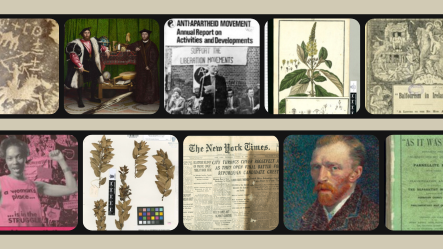

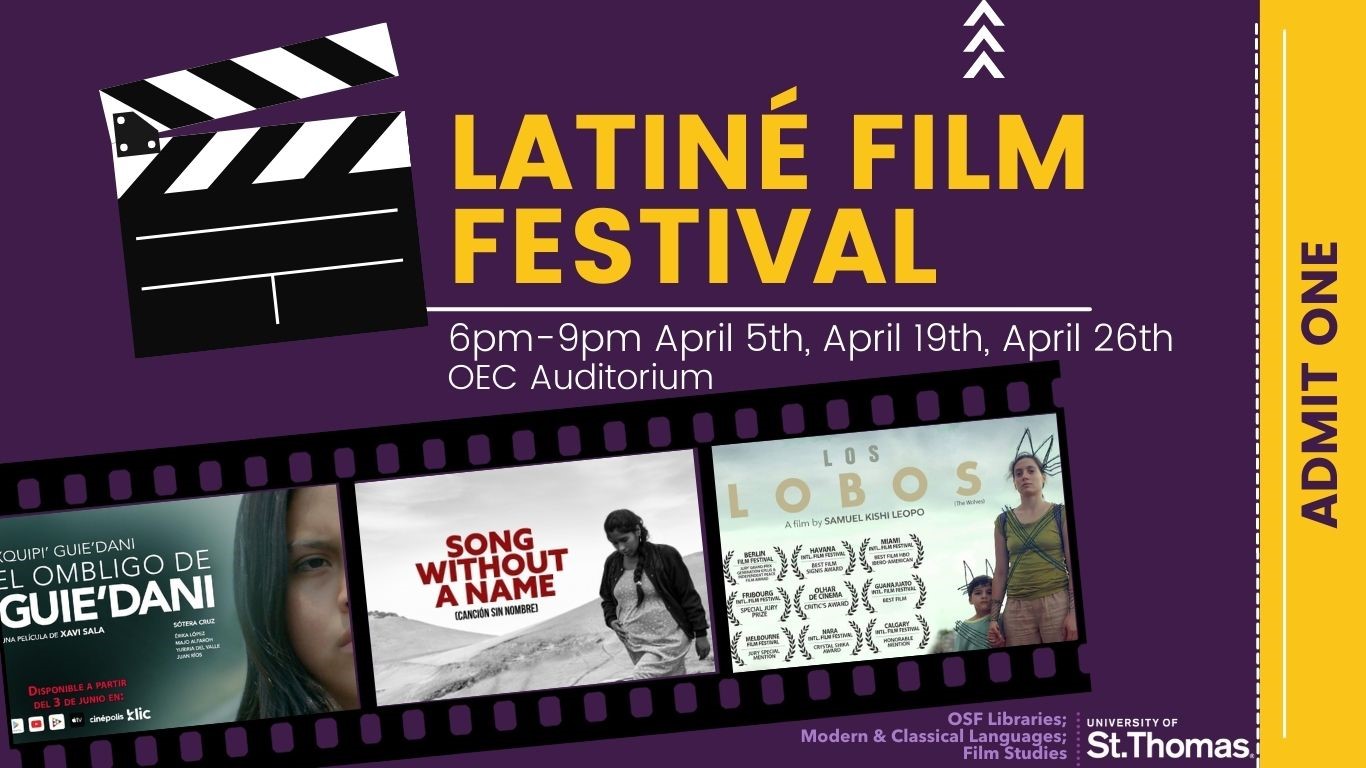 University Libraries, MCL, Film Studies, OCB, HOLA will be hosting the first 2023 Latiné Film Festival this April! The festival will be screening three films: Guie’dani’s Navel (Dir. Xavi Salas, 2018), Song Without a Name (Dir. Melina León, 2019), and Los Lobos (Dir. Samuel Kishi Leopo, 2019). More details about each film below.
University Libraries, MCL, Film Studies, OCB, HOLA will be hosting the first 2023 Latiné Film Festival this April! The festival will be screening three films: Guie’dani’s Navel (Dir. Xavi Salas, 2018), Song Without a Name (Dir. Melina León, 2019), and Los Lobos (Dir. Samuel Kishi Leopo, 2019). More details about each film below.